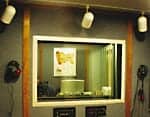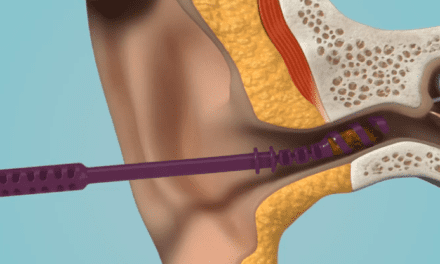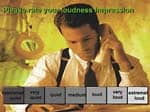Hanover, Germany — A researcher at Hanover Medical School in Hanover, Germany has conducted a retrospective review of the effectiveness of universal newborn hearing screening studies. The author concludes that there is substantial evidence that newborn screening programs are critical for speech and language development.
In a recent issue of Deutsches Ärzteblatt International, Prof Martin Ptok has published a review of universal neonatal hearing screening (UNHS) scientific literature. Ptok selected studies found in the NHS EED (Economic Evaluation Database), HTA (Health Technology Assessment), DARE (Database of Abstracts of Reviews on Effectiveness), Clinical Trials, CDSR (Cochrane Database of Systematic Reviews), and PubMed.
Ptok’s paper, "Early detection of hearing impairment in newborns and infants." shows that UNHS is best performed in two stages. Clinicians should first measure otoacoustic emissions and then automated assessment of the brainstem auditory evoked response.
The abstract also adds that UNHS programs must have a high coverage rate and high sensitivity and specificity, and have proper tracking with a low rate of loss to follow-up for the program to be successful.
Children with positive screening tests for hearing impairment should undergo confirmatory testing as soon as possible and then receive the appropriate treatment. Early intervention is particularly critical for speech acquisition.
He concluded that the scientific evidence favors UNHS for the early detection of hearing impairment.
SOURCE: Deutsches Ärzteblatt International abstract (pdf download)




